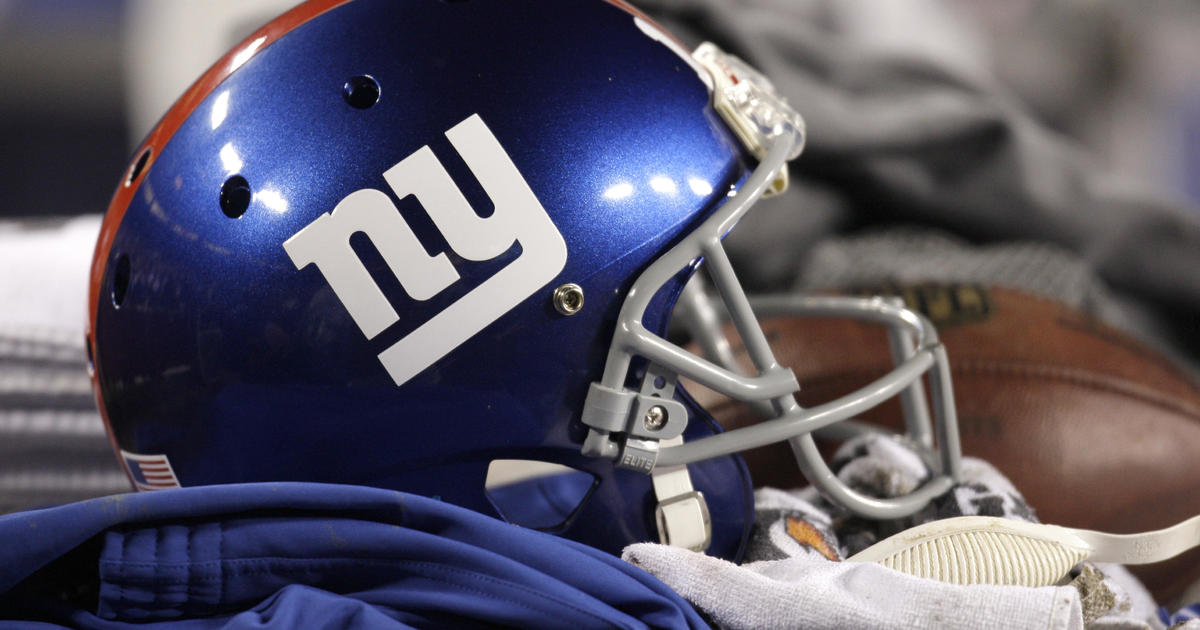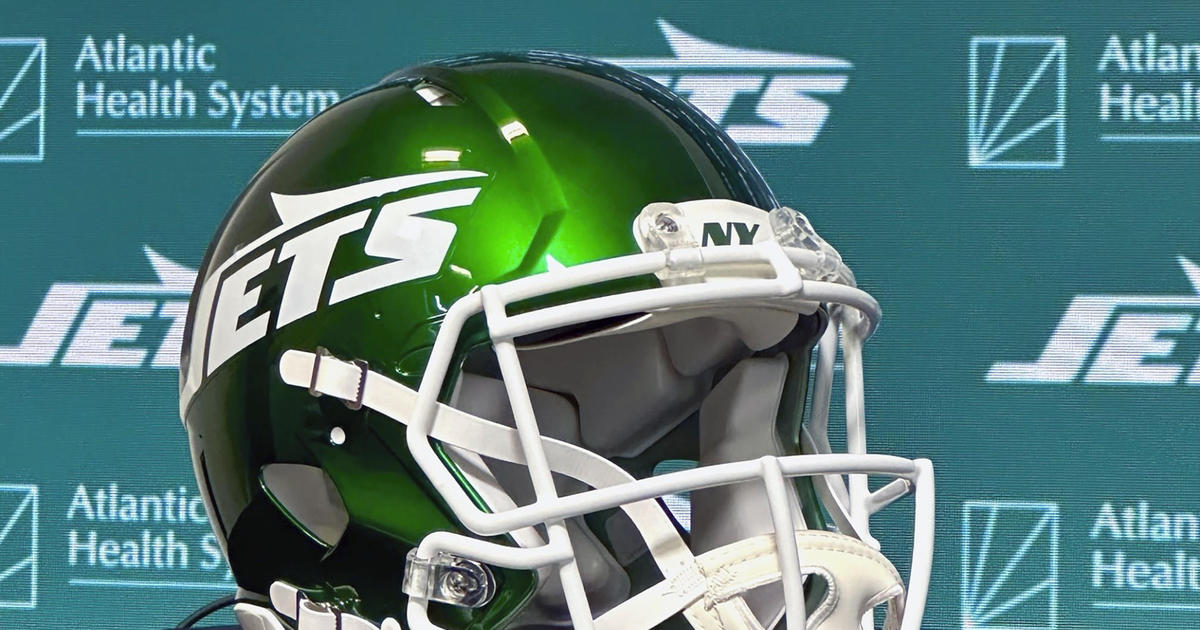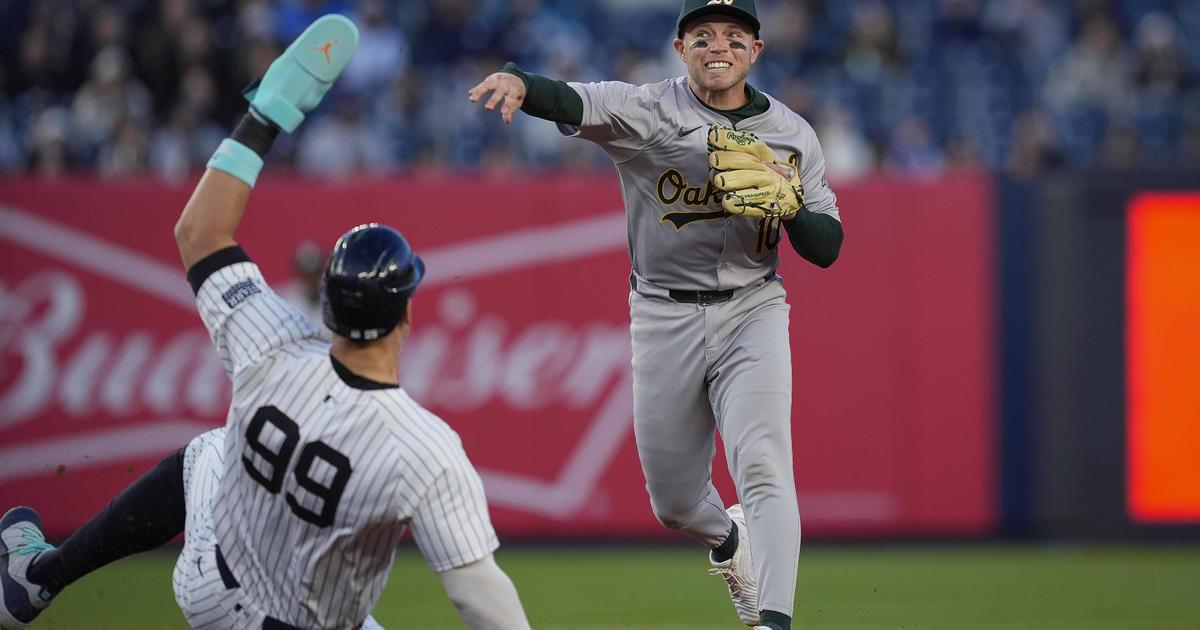Keidel: Hal Is Not His Father, And The Yankees May Pay Dearly For It
By Jason Keidel
>>More columns
Saddled with the twin burdens of bulging expectations and a newfound frugality, Hal Steinbrenner is at a crossroads. His next few moves could decide the next decade for the New York Yankees.
Steinbrenner spoke with WFAN's Mike Francesa this week. Without parsing the particulars, he kept his typically corporate cadence, leaving those of us reared on the Bronx Zoo wondering if that rabid, conqueror's gene skipped a generation.
A self-styled numbers geek, the younger Steinbrenner feels far more comfortable talking about contracts and other financial algorithms than the more visceral mantras about winning at all costs.
He glazed over the two most pressing issues this fall -- Joe Girardi and Robinson Cano. The former just signed a deal to manage the Yankees for the next four years, while the latter will have to take his talents on the road if he plans to get his desired $300 million.
But even when addressing people so vital to the franchise, King George's progeny is hardly a prodigy.
Hal didn't seem to inherit his father's frothing approach to baseball, nor his infallible corporate maxim that winning, while very expensive, is even more lucrative. He told us that the $189 million salary cap wasn't a deal-breaker when pursuing the best players for his team, then told us that Cano's price tag was too steep for his bottomless pockets.
Maybe he's posturing; maybe he really cares more about the bottom line than his team's lineup. Cano is indeed asking too much, but the Yankees let several crucial players go before 2012 -- based entirely on salary -- who helped other teams make the playoffs. Just ask Russell Martin and Nick Swisher.
The unofficial word is that "The Boss" stopped running the team about 10 years ago, when he collapsed at Otto Graham's funeral. So the current condition of the Bronx Bombers rests entirely on his sons.
It almost feels like the the old man's heart and heft kept the team in check, accountable, and eternally on its toes, and thus without him there isn't the same, strict mandate to win. You could argue that, despite the galaxy of stars dotting the Yankee Universe, George was the biggest of all.
With sagging ticket sales and plunging television ratings, the Yankees are pondering a new, corporate conundrum. Did the fans stay home and watch other programs because the Yankees were losing or because they were losing their marquee players? Will the fans watch Jeter, Texeira, A-Rod, et al., no matter the result?
Star power is far more powerful when the team is in first place. It feels somewhat paradoxical to field a losing team filled with winning players. Maybe this speaks to the new breed of fan, which isn't a fanatic at all.
More and more blue-collar fans are lamenting the white-collar, red wine and wind chimes crowd, who spend seven innings brooding over their iPhones, jumping like baboons at the nearest, red-lit camera. If you ask them who's winning, they probably turn to their MLB app rather than just watch the game they're attending.
That's what happens when you charge $2,500 for ringside seats, when you spin a velvet web around the aristocracy, creating a caste system inside a park that for decades never made a distinction between the pampered and the proletarian.
George Steinbrenner had a more refined antenna, a finger on the real fan's pulse. He, too, charged more at the gate than any other team, but he funneled every dime back into the ball club. Or at least it felt he did. He didn't burden us with his team's monetary concerns.
He built it, and we came. His kid keeps reminding us what it costs.
Follow Jason on Twitter at @JasonKeidel
You May Also Be Interested In These Stories



